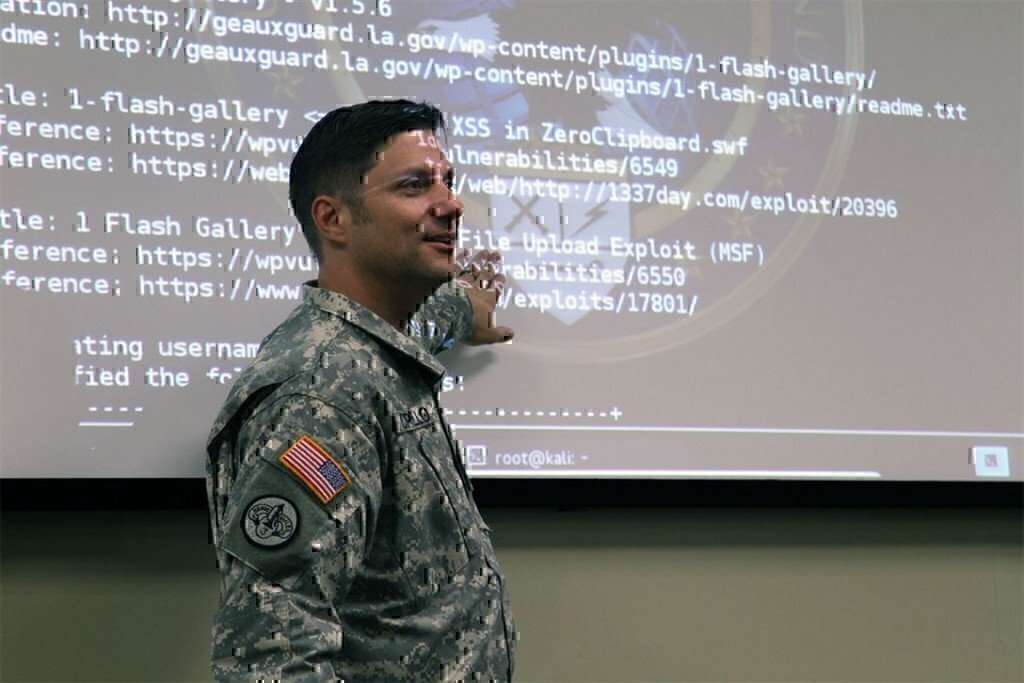If a civilian employer doesn’t ‘get’ your resume, you probably won’t ‘get’ the job. Over Thanksgiving dinner, Aunt Jane asked you to tell her about what you do in the military. You paused, then proceeded with the following dissertation: “I’m the staff NCO for the O-5 who commands VP-16 for Wing-11. I just got a NAM for preparing the squadron for our deployment work-up inspection.” Aunt Jane nearly chokes on her stuffing and replies with, “That’s great Richie. I’m glad to hear you enjoy it.”
The conversation ends and Aunt Jane has no idea what you just said or what you do. Aunt Jane has served in her local Rotary and now commands your 10-year-old cousin Mike’s PTA meetings, and to her a “NAM” is the name of her kid’s Tang Soo Do instructor. She doesn’t speak military jargon! Perhaps a better way to say this would be to tell her that you work for the CEO of the aircraft squadron and that you received a personal commendation for your work in preparing the troops for a recent inspection from your boss’s boss.
Let Aunt Jane Enjoy Her Stuffing
When you prepare your resume, it is vitally important to translate your military jobs and accomplishments into something that a civilian employer can understand. Civilianizing your resume helps recruiters understand how your skills translate into the needs of their company. Recruiters see thousands of resume cross their desk. They don’t have time to translate. Regardless of your skills, an uncivilized resume will likely be passed over. Knowing how to translate and articulate effectively provides a glimpse into your communication skills. This is especially important when hired, because you will be translating a company’s products and services to outside customers and suppliers.
OK, You Get It. It’s Important to Translate. But How Do You Do It?
Start by translating job positions such as “Company Commander” into “Operations Manager.” Spell out all abbreviations and acronyms and translate their importance. Translate OJT and military schools into the real meaning behind the school. If you attended the NERS (Navy Enlisted Recruiter School), show it on your résumé as an in-depth, three-week sales training course. Your rank is important, but what’s more important is the relative rank. If you supervised five people as an E-5, say that! Most civilians don’t supervise five people until they have many years’ experience. Did you make E-5 on your first try? If so, say that and indicate that only 20 percent of those in your field make E-5 on their first try. This shows superior performance relative to your peers and is a good indication of future success. When you have finished, ask Aunt Jane to take a look at your resume and ask her if it makes sense. Get input from other civilians who can tell you if your resume is still “wearing too much camouflage.” The job seeker who articulates and translates best will ultimately land the interview!
READ NEXT
HOW TO SET GOALS IN YOUR JOB SEARCH
4 BENEFITS TO CONSIDER WHEN EVALUATING A JOB OFFER






